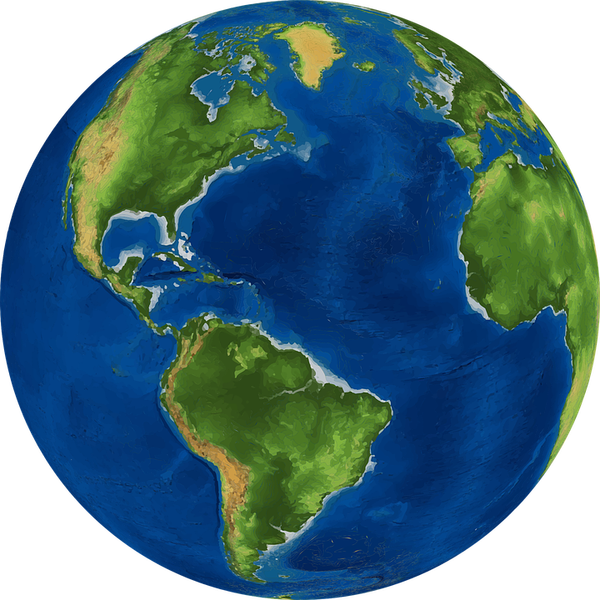The bloodied and dust-covered kid in the picture at the top of this article is Omran Daqneesh: a five-year-old boy from Aleppo, Syria. Last week, Omran became an international sensation after a video emerged of him being pulled from a recently bombed building. Omran, like all the remaining residents in Aleppo, has been forced to endure a siege on the city that has lasted nearly as long as the Syrian Civil War itself. Considering that Aleppo is Syria’s largest city and one of the oldest continually inhabited cities in the world, it’s no surprise that it has been the site of intense and prolonged fighting.
But what always seems to surprise us about these conflicts is their true cost, and I don’t mean the money spent, the military equipment and vehicles destroyed, or the amount of territory lost. I mean the *human* cost. This is often how we judge the severity of past conflicts, although that’s not to say one conflict is somehow better than the other simply because fewer people were killed. And while some may insist we live in the most peaceful time in history, that doesn’t mean we’re free of conflict and suffering.
Additionally, while Omran himself is not a casualty of the Syrian Civil War, his childhood, like those of many Syrian children, is. We see pictures of bloodied and wounded soldiers frequently during wartime, but we just brush it off as an example of how “war is hell.” The picture above is different, however. A five-year-old like Omran should not have the thousand-yard stare that has become almost synonymous with wartime trauma. A five-year-old like Omran should not have to worry about his home collapsing around his head, or have to be carried out of his home covered in dust and blood when it does. Now, this isn’t some shocking revelation – I think we can all agree that no child should be exposed to the horrors of war. But despite our best efforts, we forget that when wars are fought, the horrors that accompany them are never limited to the combatants.
This picture of Omran might also remind you of another picture that seemingly shocked the world. In the summer of 2015, the body of Alan Kurdi, a three-year-old boy, was found washed up on a beach. Alan’s family was one of many refugee families that were forced to flee their homes to be smuggled across the Mediterranean Sea. However, the boat that Alan and his family were on capsized, and none of them made it. I remember how angry I felt that while politicians were busy arguing over whether or not to be decent human beings, refugees like Alan and his family continued to die. But later on, I realized that many of us, myself included, have no right to be angry. And with Omran’s picture “trending” just like Alan’s, we are once again faced with this ugly revelation.
Now I know what you’re thinking: “Matt you self-righteous asshat, you don’t get to tell me whether or not I get to be angry.” You’re right, I don’t. But let’s consider for a second what we do when we get angry about something like Omran’s or Alan’s circumstances. We usually tweet, or write a lengthy Facebook post and bemoan the cruelty of our world or the inaction of our leaders. Maybe we’ll share a riveting picture and garner a few likes that express our friends’ similar feelings or virtual sympathy. I know I’ve done both of these things more times than I care to remember. But what does tweeting, ranting, or sharing a picture do for those refugees? Absolutely nothing. We might say we’re “getting the word out” or “making people aware,” but a week later we’ve already moved on to the next hot button issue.
How do we go from mourning a dead child to criticizing a politician or celebrity’s offhand comments in the span of a few days? Because whether we admit it or not, we know that deep down, we don’t care as much as we’d like to think we do. Responding to issues through Facebook or Twitter is a social obligation more than anything else. We all want to stand on a pedestal and say, “Hey, look at me! I’m considerate because I took a minute out of my day to make sure people know what I think about a serious issue, which I care more about than the issue itself!” Although honestly, what else can we do? Most of us can’t hop on a plane to Syria and join up with a humanitarian organization, and even those of us who could probably wouldn’t want to. And maybe I’m just a hypocrite for pointlessly ranting about pointless rants. Regardless, it’s time we realize that quietly accepting the harsh realities of our world is still better than pretending we’re somehow surprised by them. Nothing like ending on a happy note, huh?





















